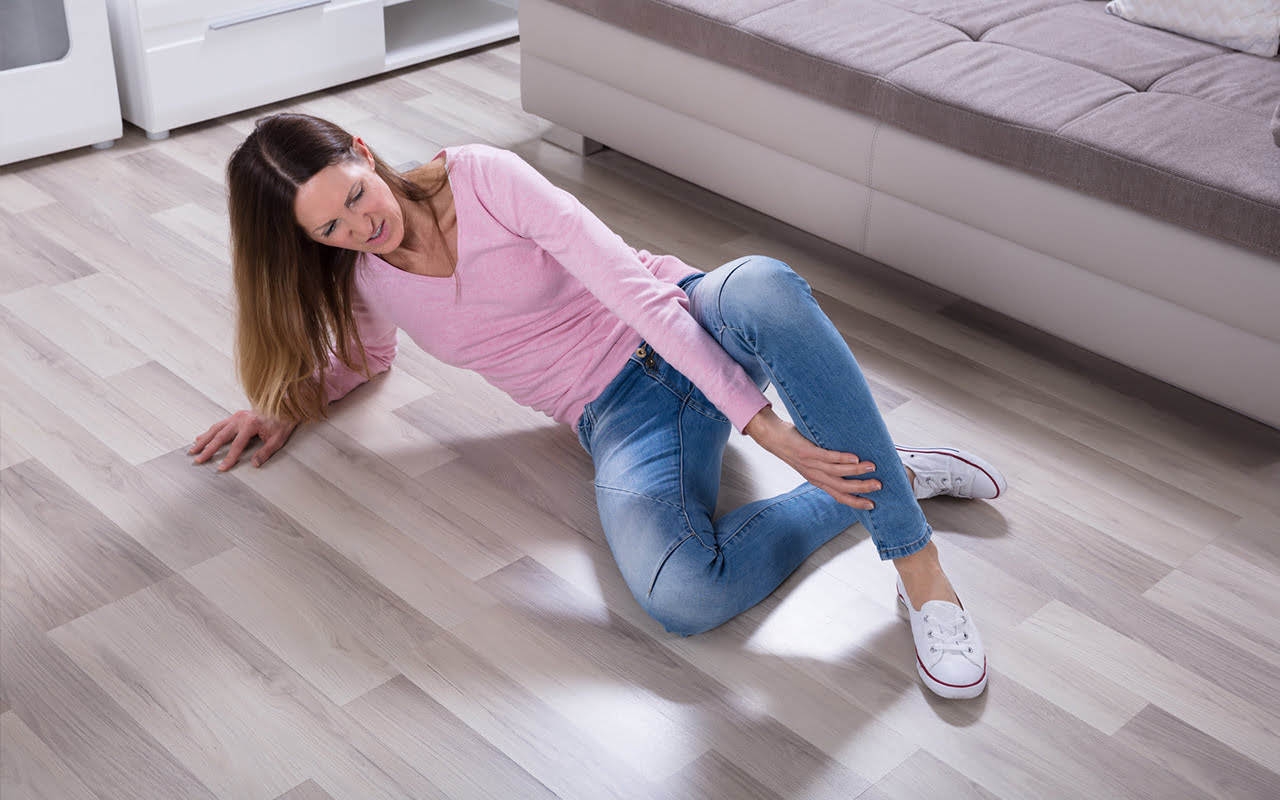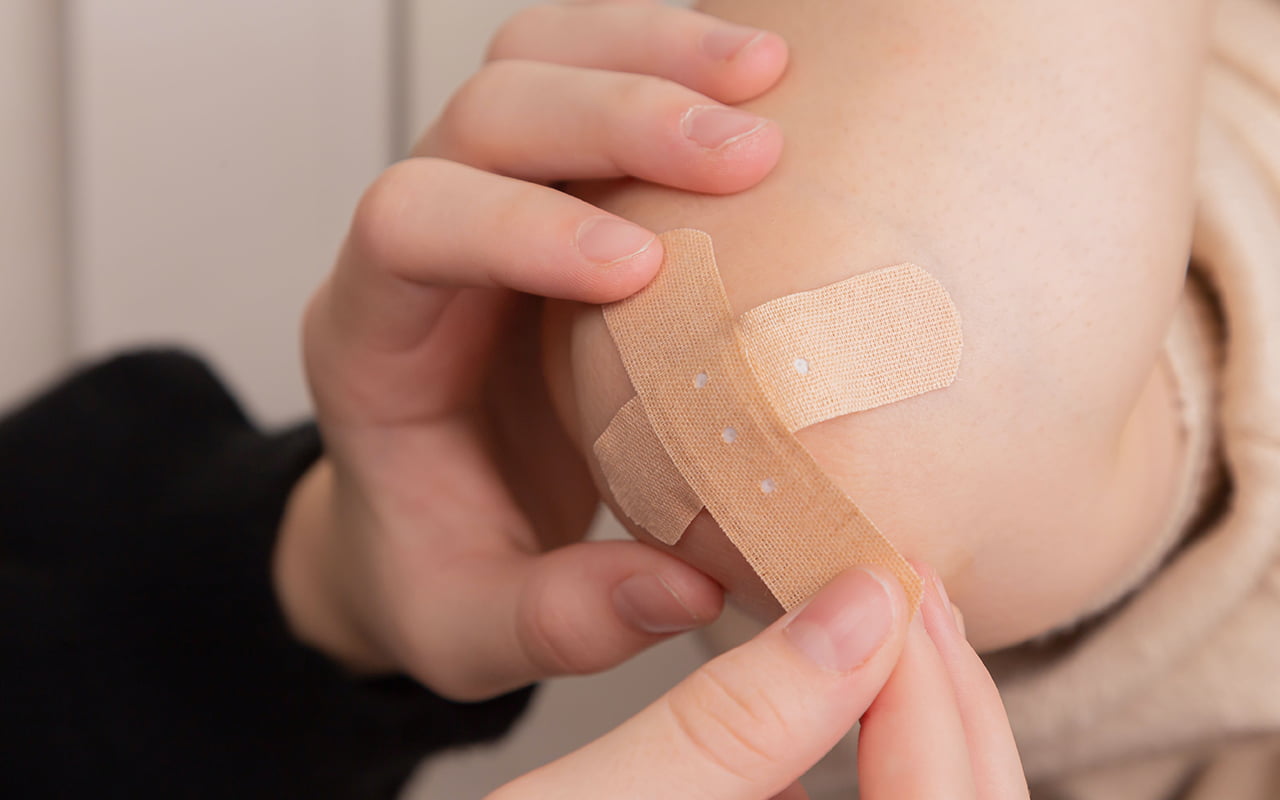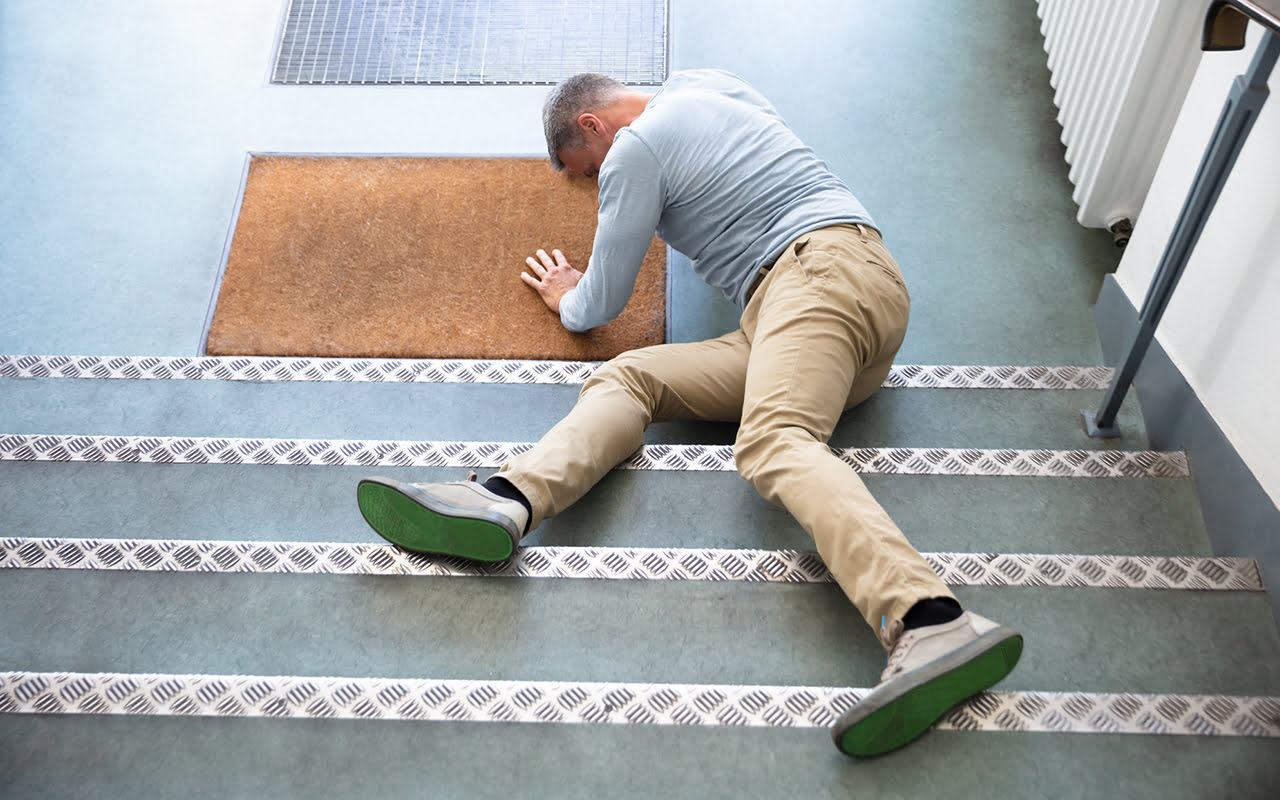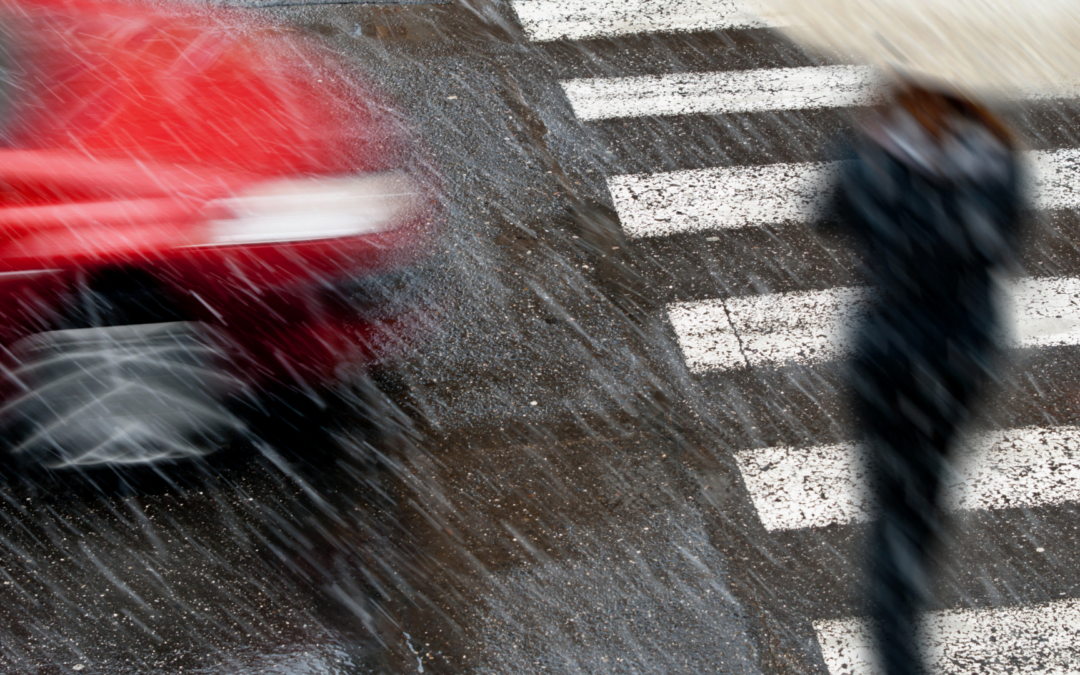When you visit someone’s house or a business establishment, you rely on the owner to make sure the surroundings are safe. The Ontario Occupiers’ Liability Act is in place to make sure property owners do not get away with negligence and holds them responsible for any injuries their guests may sustain as a result of negligence. Find out all you need to know about premises liability and how to receive the justice you deserve.
Accidents are hard to predict and can happen to anyone, anywhere. It is no surprise that many are injured every year both in private homes and non-residential properties such as malls, schools, offices, parking lots etc. Many of us do not expect to see hazards when we enter a private home or business.
Fortunately, the society we live in imposes regulations that strive to make sure infrastructure is sound and properly maintained in order to reduce the likelihood of injuries. However, people still do get injured despite best efforts, and it’s important to know some key facts so you can proceed with filing a premises liability claim.
What is Premises Liability?
The Occupiers’ Liability Act is in place to make sure property owners comply with eliminating dangers and making sure guests are aware of existing hazards so that they can be avoided. It imposes a duty of care on property owners to make sure they keep their property safe for whoever decides to enter the premises.
If a property is improperly maintained and contains hazards with no signage, then personal liability would fall on the property owners. An injury that occurs on this property would be legally referred to as “premises liability” or “occupiers’ liability,” which we will continue to explore here.
Premises liability also applies to private homeowners and landlords, not just private businesses. If you are visiting or renting a house, the owner is responsible for your safety and should warn you of dangerous problems – regardless of whether the house is under renovation or not. If this bond of trust is broken, the property owner may have to take legal responsibility for any injuries.
The intention behind premises liability is for the public to have a reasonable expectation that they will be safe when on someone else’s property. No one should worry that they will be injured because they decided to take a stroll on a sidewalk or enter a grocery store.
Does Premises Liability Protect Property Owners?
Of course! The Occupier’s Liability Act also helps protect property owners from being wrongly accused of someone else’s carelessness. Sometimes people are careless or do not take necessary precautions despite advisement.
This is a tricky landscape to navigate because the infrastructure around us is constantly changing or wearing away, and things can fall apart unexpectedly. A good property owner deals with such issues in due time. The law realizes that some things are out of our control and will not punish a property owner if they have been acting reasonably and maintaining a standard of care.
For example, if you slip in your shower, are you immediately going to blame your landlord for a slippery floor? If the accident resulted solely from you not being careful enough, then it’s on you. If there was some sort of condition about the shower or bathtub that the landlord refused to address or fix for some time, then a personal injury case may be considered. The law protects property owners who have been rightfully maintaining a duty of care.
What are the Common Accidents that Fall under Premises Liability?

The most common premises liability accidents are by far slip and fall and trip and fall incidents. As the name suggests, these come about when an unsafe circumstance causes injury such soft tissue injuries and broken bones. Some examples of where these can take place include a recently polished floor, a pothole, a missing stair, or an ice-covered surface.
There are many other factors that can lead to injury on private property. This can include anything under the sun that impairs your experience or puts you at risk, such as inadequate lighting, uneven walking surfaces, even chemical leaks, or toxic fumes. The list doesn’t end at physical hazards.
When you are visiting an establishment, you are also assuming proper measures have been in place to avoid harassment or violence from employees or other guests. Safety codes are in place to be followed and provide a safe environment for both employees and customers/clients.
Where does Owners Duty of Care Apply?
From stores and restaurants to healthcare facilities and sidewalks, property owners have a responsibility to keep people safe on their property. Like property owners, landlords must also comply with this obligation. Landlords have a responsibility to maintain their property by taking reasonable steps to keep both their tenants and their tenants’ guests safe. If landlords, as well as the owners of establishments mentioned above, do not continuously maintain their property, and someone gets injured as a result, the owners may be liable for a premises liability claim.
Can Any Accident on Private Property Lead to a Premises Liability Case?
Not every single accident that occurs on private property can be a case for premises liability. We take precautions every day – we look both ways before crossing the street, we watch for and follow caution signs, we make sure we don’t miss a step coming down the stairs at work. Cars on the road, construction sites, and staircases are potential hazards that we expect to see – either because it’s known for them to be there, or we’ve been warned about them.
If you do not take basic precaution regarding the things in your surrounding environment and act carelessly (such as running near a “Wet Floor” sign), then a premises liability case may not be viable.
How is Liability Determined?
It is important to understand what determines liability and what you can expect when submitting a case. As we’ve discussed already, some negligence and liability must be established as not every accident on private property can lead to such a case.
The Occupiers’ Liability Act outlines regulations that will help determine liability. The law views an ‘occupier’ as anyone who is legally responsible for that premises. An occupier is described as any person who (a) is in physical possession or the premises or (b) who has responsibility for and control over the conditions, the premises or the activities carried on or control over persons allowed to enter the premises.
Liability is determined by proving negligence on the part of the occupier, either that they created the condition, or that they were negligent in correcting the condition. In other words, they failed to maintain the reasonable standard of care. For the occupier to be at fault for an injury, at least one of the following must be true:
- The occupier caused the hazard;
- The occupier or employee knew about the hazard and did not follow protocol to report it;
- The occupier or employee should have known about the hazard because anyone in their position would have used their knowledge and common sense to first realize the hazard, and then deal with it. This means they should act ‘reasonably’ within their role.
The Exceptions to Premises Liability
As with most legal cases, there may be exceptions. Exceptions to premises liability may apply to people who are trespassing orthose entering a rural area. Another exception may apply to people entering a free recreational property or building. As the visitor, you assume risk during your time on that property. In these situations, the law assumes that you have taken full responsibility for your own safety and have assumed all risks. What does that mean? Well, if you are trespassing and get injured, the occupier (owner of the property) would not be held liable.
There are also certain types of properties that have well known risks, and people who enter these premises implicitly accept these risks. They include, but are limited to, hockey rinks, private roads that are reasonably marked, rural premises that are vacant (i.e., forests, pastures, orchards) and golf courses that are not open for playing. Other places, such as amusement parks, obtain liability waivers from their guests either through a signed contract or by providing terms written on a ticket. Here, you are responsible for understanding what is guaranteed when you agree to the terms and participate in attractions on the premises.
I’ve Been Injured – Where Do I Begin?

Not sure where to start? It’s important to understand what determines liability if you suspect you’ve been injured on a property due to negligence. Take time to educate yourself on the accident benefits system in Ontario, as there is a lot that goes into submitting an adequate claim. We can help.
Remember that each case will be decided on its own unique set of facts, and it is always best to reach out to a lawyer for a thorough analysis of your claim. If you have been injured on private property, please contact the team at Joshua Goldberg Law so we can help your process along.
Summing up Premises Liability
Property owners should always take reasonable efforts to maintain a safe property for anyone entering their premises. When this bond is broken, the law ensures that the property owner takes legal responsibility for any injuries. There are legal consequences that owners should and will face if they have acted in negligence. Know your rights regarding premises liability and get the justice you deserve.



